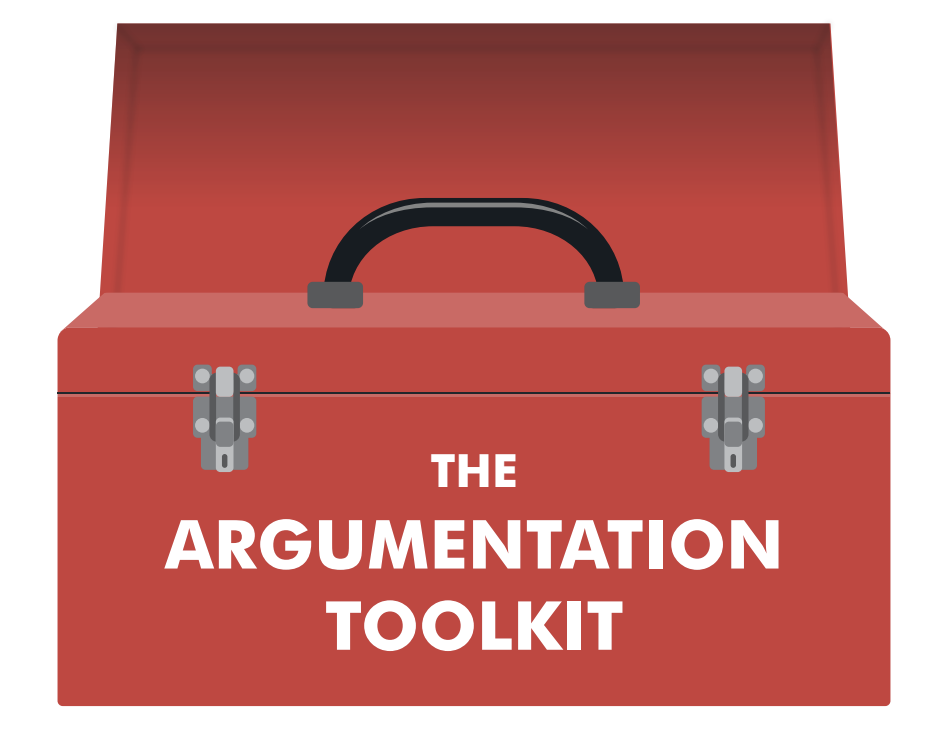How do we support students in interacting with peers during argumentation?
Introductory Module Session 4
Session Goals:
- Teachers will develop an understanding of argumentation as a social process in which students build, question and critique claims using evidence and reasoning.
- Teachers will design a new lesson or revise an existing lesson to integrate argumentation into their science instruction.*
- Teachers will identify areas of argumentation that are challenging for their students.*
*Note: These final two goals are only applicable if the module is implemented as multiple sessions.
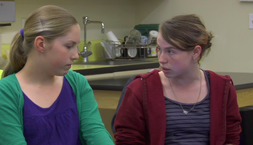
Session Slides:
Introductory Module Session 4 PDF
Agenda:
*Extension discussion – Try it with your students!
- Video & Discussion: Encouraging student interactions
- Activity: Analyzing data with peers
- Discussion: Connections between argumentation elements
- Session takeaways
*Extension – Try it with your students!
*Extension discussion – Try it with your students!
Share your experience:
- Share the lesson you developed to focus on reasoning, as well as any student artifacts you may have.
Discussion Questions:
- What went well with the lesson? Why do you think it went well?
- What was challenging with the lesson? Why do you think it was challenging?
1. Video & Discussion: Encouraging student interactions
Watch the video below, which focuses on the interactive nature of argumentation.
Discussion Questions:
- What are the benefits to having your students interact with peers during argumentation tasks?
- What challenges do you think your students might have when engaged in this work?
- What types of activities (e.g. writing arguments, science seminar) can you envision incorporating into your instruction to encourage student-to-student interactions? Why?
2. Activity: Analyzing data with peers
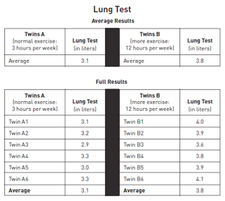
The task:
- Examine results from three studies to develop the strongest argument in response to the question – When a person trains to become an athlete, how does her body change to become better at releasing energy?
- Work with others as you engage in this task, making sure to: listen to one another, ask each other questions, build off other’s ideas, critique ideas that you do not agree with, and be convincing
Background Science Content:
- When the human body exercises, cells need more energy.
- The mitochondria in cells need both glucose and oxygen to release energy.
- The body systems work together to deliver glucose and oxygen to the cells in the body.
Discussion about Activity:
- What did you talk about when you engaged in this task?
- How did interacting with others influence the argument you developed?
- What types of supports do you think your students might need to engage in this element of argumentation?
3. Discussion: Connections between argumentation elements
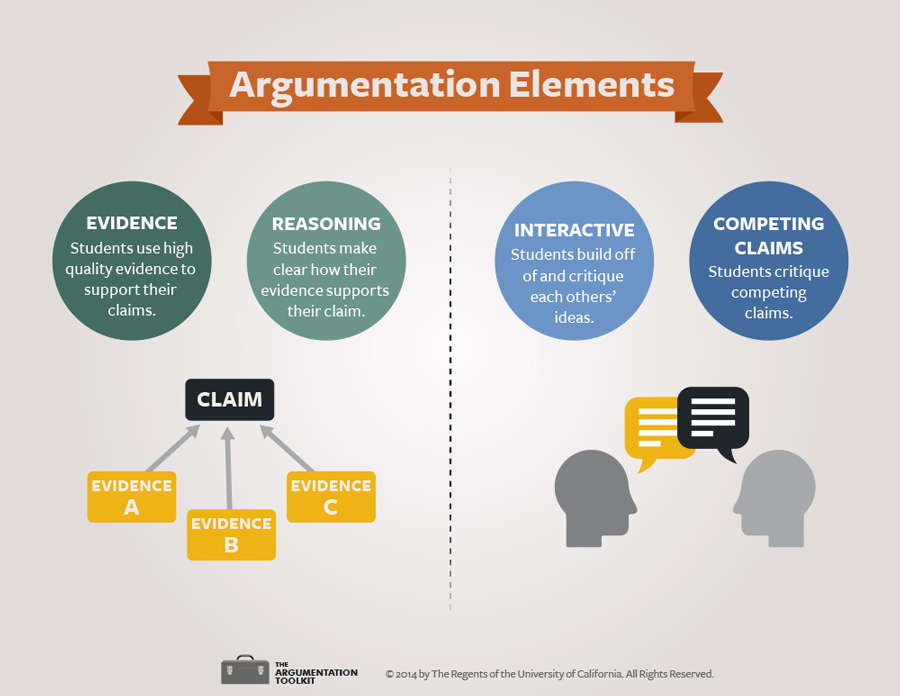
Discussion Questions:
- How do you see these elements working together?
- What strengths do you see in using these argumentation elements in your classroom?
- What challenges do you think your students will have engaging in these argumentation elements?
- What questions do you still have about these elements?
4. Session takeaways
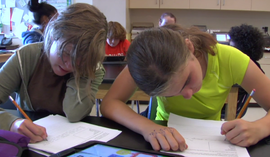
- Argumentation entails students questioning, critiquing and building off of their peer’s ideas
- Persuading others of the strength of a claim is an authentic goal of argumentation
- Interacting with peers can help students develop stronger arguments
- Students can convince an audience of an argument through both writing and speaking tasks
* Extension – Try it with your students!
The task:
- Develop or revise a lesson to encourage students to interact with their peers during an argumentation task. This lesson could be a science seminar, making sense of data from an investigation, writing a persuasive argument, or another activity.
- Meet with colleagues to share the lesson you developed, as well as potentially student artifacts (such as writing) or a video clip of students engaged in this.
View Other Sessions
Introductory Module Agenda
| Session Name | Description | Length |
|---|---|---|
| Session #1: What is the role of evidence in a scientific argument? | This session introduces the four areas of argumentation that students need extra support in, and then focuses specifically on the role of evidence. | 45 minutes |
| Session #2: How does considering competing claims support students’ use of evidence and reasoning? | This session illustrates how engaging students in competing claims supports their use of evidence and reasoning, and also deepens their understanding of the science content. | 45 minutes |
| Session #3: What is the role of reasoning in a scientific argument? | This session focuses on the role of reasoning, and introduces an instructional strategy that can help students incorporate reasoning into their written arguments. | 45 minutes |
| Session #4: How do we support students in interacting with peers during argumentation? | This session highlights the interactive nature of argumentation using an activity in which students analyze data with peers. | 45 minutes |

